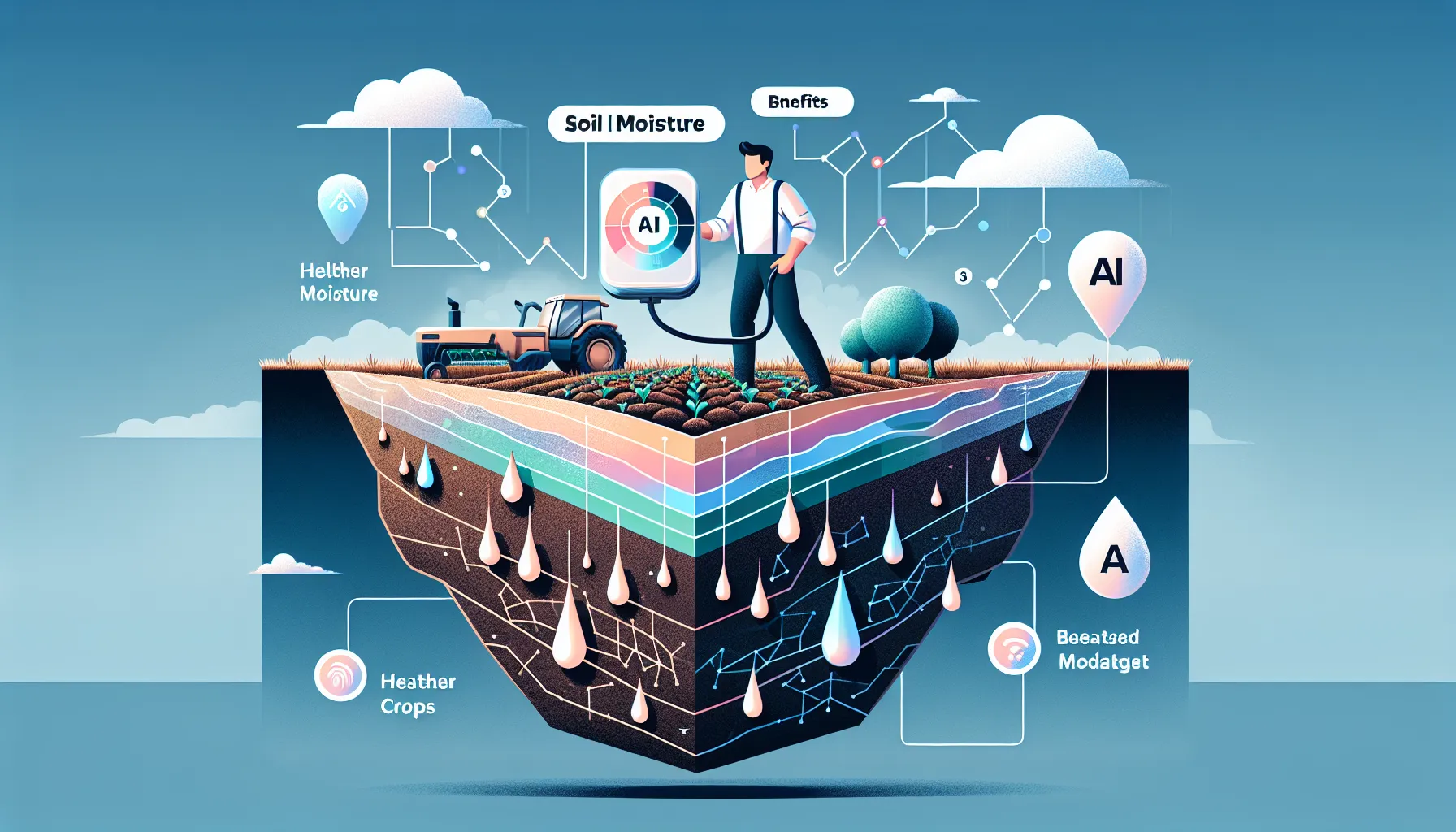With the increasing concern over environmental degradation and the need for sustainable practices, rain gardens have emerged as an effective solution for natural stormwater management. These gardens not only enhance the aesthetic appeal of landscapes but also serve as a powerful tool in tackling the adverse effects of stormwater runoff. In this article, we will delve deeper into the concept of rain gardens, their benefits, and how they contribute to soil and water conservation, cleaning soil and oceans, and preserving nature in Greene County.

Understanding Rain Gardens
Rain gardens are specially designed landscaping features that mimic natural ecosystems to capture and absorb rainwater. They consist of a depression or a shallow basin filled with a mix of soil and plants that are capable of absorbing excess water. Rain gardens are strategically located to receive runoff from rooftops, driveways, and other impervious surfaces, allowing the water to infiltrate the ground naturally. By slowing down the flow of stormwater and filtering out pollutants, rain gardens help in reducing erosion, flooding, and contamination of water bodies.

Benefits for Soil and Water Conservation
Rain gardens play a vital role in soil and water conservation by promoting infiltration and reducing soil erosion. The plants in rain gardens have deep root systems that help in stabilizing the soil, preventing it from being washed away during heavy rainfall events. As the stormwater filters through the soil, the plants and microorganisms in the rain garden help in breaking down pollutants and recycling nutrients. This natural treatment process improves water quality and protects groundwater resources from contamination.
Cleaning Soil and Oceans
One of the significant benefits of rain gardens is their ability to clean soil and oceans. As rainwater runs off from roofs and paved surfaces, it carries pollutants like oil, fertilizers, pesticides, and bacteria. These pollutants have harmful effects on both soil and marine ecosystems. However, when the runoff is directed into rain gardens, the plants act as natural filters, trapping and absorbing these pollutants. By capturing and treating stormwater before it enters rivers and oceans, rain gardens contribute to cleaner and healthier ecosystems, benefiting both terrestrial and aquatic organisms.
Rain gardens are an innovative solution for natural stormwater management, offering numerous benefits for soil and water conservation, cleaning soil and oceans, and preserving nature. By incorporating rain gardens in Greene County, we can mitigate the adverse effects of stormwater runoff, improve water quality, and protect the environment. These resilient and visually appealing features not only serve as an effective tool for managing rainfall but also create opportunities for biodiversity and sustainable urban landscaping. It is crucial for individuals, communities, and local authorities to embrace the concept of rain gardens and promote their widespread adoption for a greener and more sustainable future.


